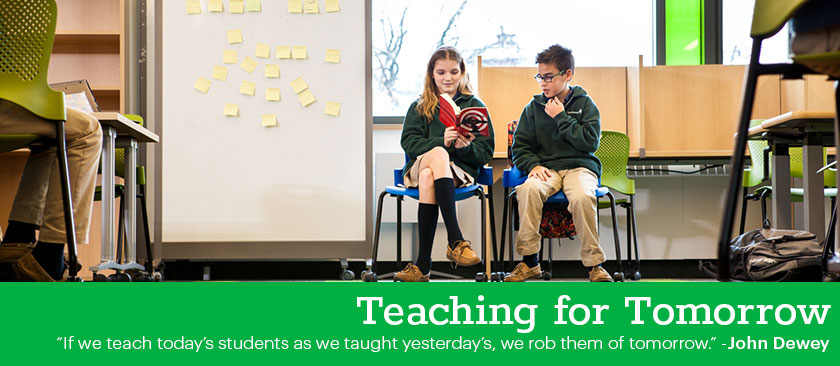Creating scenarios that allow students to use skills and knowledge to solve real world problems is a great way to make learning stick. Our Advanced Functions (MHF4U) class did this recently through an activity where they played the role of detectives examining a crime scene.
 |
| Students worked in teams to solve the puzzles |
With the correct time in hand, three members of the team escaped from the breakout room to find a website URL that had been hidden in the classroom. Once the site was located, the remainder of the team left the breakout room and together the team used graphing software to create a function that reflected the function related to the time of death.
 |
| Each team worked in a separate breakout room |
Rich performance tasks like this one enable students to develop valuable critical thinking and problem solving skills, and learn how to work effectively in teams, all of which are vital skills for the future.







